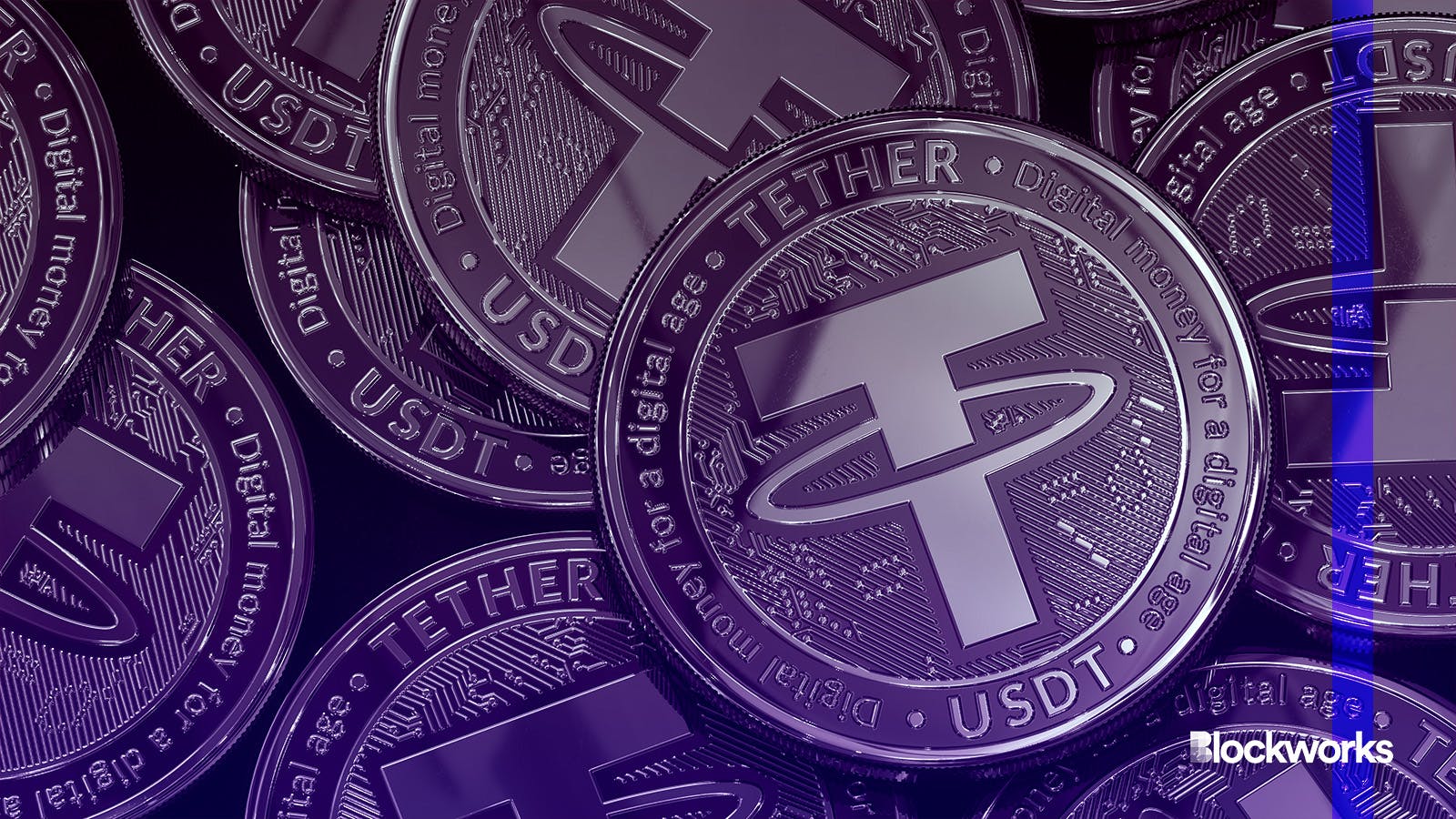Tether says it froze $225M in USDT following DOJ collaboration
The frozen funds were linked to a “human trafficking syndicate in Southeast Asia”

designstripe/Shutterstock modified by Blockworks
Tether says it participated in an investigation leading to the largest freeze of USDT in history.
The Department of Justice led the investigation in collaboration with OKX and Tether. Roughly $225 million in USDT was frozen.
“During a months-long investigative effort by Tether and OKX, US law enforcement agencies, including the DOJ, were proactively alerted to the location of the illicit funds by analyzing the flow of those funds through the blockchain. These actions prompted the initiation of a freeze request by the United States Secret Service and a voluntary freeze by Tether,” the press release said.
The funds were linked to a Southeast Asia-based human trafficking ring “responsible for a global ‘pig butchering’ romance scam.”
The US Secret Service San Francisco Field Office hosted an Ask Me Anything on Reddit where they revealed that crypto-based pig butchering scams were one of the most popular scams they come across. The scam — named after the way a pig is fattened prior to slaughter — sees an attacker develop a relationship with the victim either in a friendly or romantic way prior to exploiting them.
“In San Francisco specifically, we tend to focus on victim-based cases, meaning those where there’s an individual(s) or company that’s been affected. These days we see a ton of pig butchering investment scams and have devoted resources to help those victims,” the USSS said at the time.
Tether, back in October, said it had frozen wallet addresses linked to terrorism in both Ukraine and the Middle East — with the latter linked to Hamas.
The funds totaled over $800,000 millions short of the Monday freeze. Tether said at the time that it was committed to “working closely” with law enforcement to crack down on crypto-funded terrorism. The commitment, it seems, applies to crimes as well.
In late October, however, Senator Cynthia Lummis and Representative French Hill penned a letter to the DOJ’s Attorney General Merrick Garland targeting both Tether and Binance.
The duo asked Garland to “expeditiously conclude [their] investigations into the ongoing illicit activities involving Tether.”
Tether pushed back against the letter, saying “there is simply no evidence that Tether has violated Sanctions laws or the Bank Secrecy Act through inadequate customer due diligence or screening practices.”
The DOJ didn’t immediately return a request for comment.
Get the news in your inbox. Explore Blockworks newsletters:
- The Breakdown: Decoding crypto and the markets. Daily.
- 0xResearch: Alpha in your inbox. Think like an analyst.






